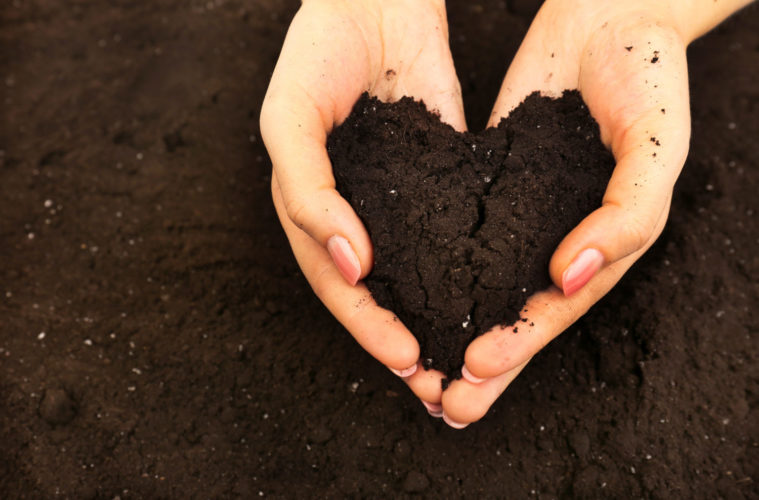Have you ever thought of using your deceased relative’s remains for gardening? It sounds horrifying, doesn’t it? The concept of using human remains for compost may seem disturbing and unethical, but for some, human composting is the most eco-friendly option for using organic material in agriculture and gives new meaning to the end-of-life cycle. So, what’s the big deal about this kind of composting?
Where is human composting legal (since October 2022 legal in California)
According to the Pew Charitable Trusts, there are five states that have legalized human composting: Colorado, Vermont, Oregon, Washington, and the most recent one added since October 2022, California. Californians will now be presented with the option of having their bodies turned into compost when they pass away.
The bill, which was signed into law by California’s governor, Gavin Newsom, will take effect in 2027.
How does human composting work?
The deceased body is placed inside a reusable container, most frequently a steel enclosure, and then mixed with organic materials like wood chips, alfalfa, and straw. These materials help speed up the decomposition process.
Approximately one month later, the body would have become a nutrient-enriched soil. The destination of this newly-created compost will depend on the bereaved family’s decision.
The body will either be donated to a conservation land or returned to them if they decide to keep it.
What are the benefits of human composting?
The gist of human composting with regards to its benefits is basically giving back to the Earth. But in detail, here’s what the practice can offer to the environment:
Natural decomposition
As opposed to cremation and traditional burial, the practice of human composting is a lot more natural. It sounds a bit strange at first, especially when you put the words “burial” and “human composting” together and say that the latter is the more natural way of decomposing.
However, that’s the truth. Traditional burials cause harm to the environment for several reasons:
- Use of caskets. Aside from being costly, caskets are often made of wood and when you sum up the number of people buried in caskets annually, it’d be equivalent to approximately 4 million acres of forest.
- Toxic chemicals are used to embalm corpses.
- Cemeteries usually take up 140,000 acres and this is simply too much space. Imagine, the size of a land this massive could’ve been used for planting more trees, resulting in a greener environment.
Human composting, on the other hand, will not result in any negative effects on the environment. Given that the entire process of human composting is free from toxic chemicals and the use of wood for caskets, it’s a greener burial option when compared to traditional burial.
Improved soil quality
Human remains buried in caskets emit toxins into the air and soil, and cremation ashes are bad for the environment due to their high salt content, which is harmful to plants. With human compost, the environment will benefit from improved solid quality.
As we’ve mentioned before, the process of human composting uses nothing but organic materials; thus, the soil it creates is nothing but organic. More plants can be grown as a result of better soil quality, and these plants can help regulate global temperatures.
Conserves energy
Cremation uses tons of fossil fuel, and this type of energy is severely harmful to the environment. In contrast to cremation, human composting doesn’t require energy.
Is human composting ethical?
Now, there’s a lot of debate surrounding the practice of human composting. People aren’t too happy with the thought of their family members’ remains being used in farming. This would imply that they’re consuming what’s left of their deceased family member.
In any case, human compost won’t be used in farming; rather, it will be used on conservation lands to help nurture trees and stimulate growth. Despite this reasoning, the majority of people are still iffy about the practice and would prefer to stick with the conventional way of burying their loved ones.
Advertising disclosure: We may receive compensation for some of the links in our stories. Thank you for supporting LA Weekly and our advertisers.

